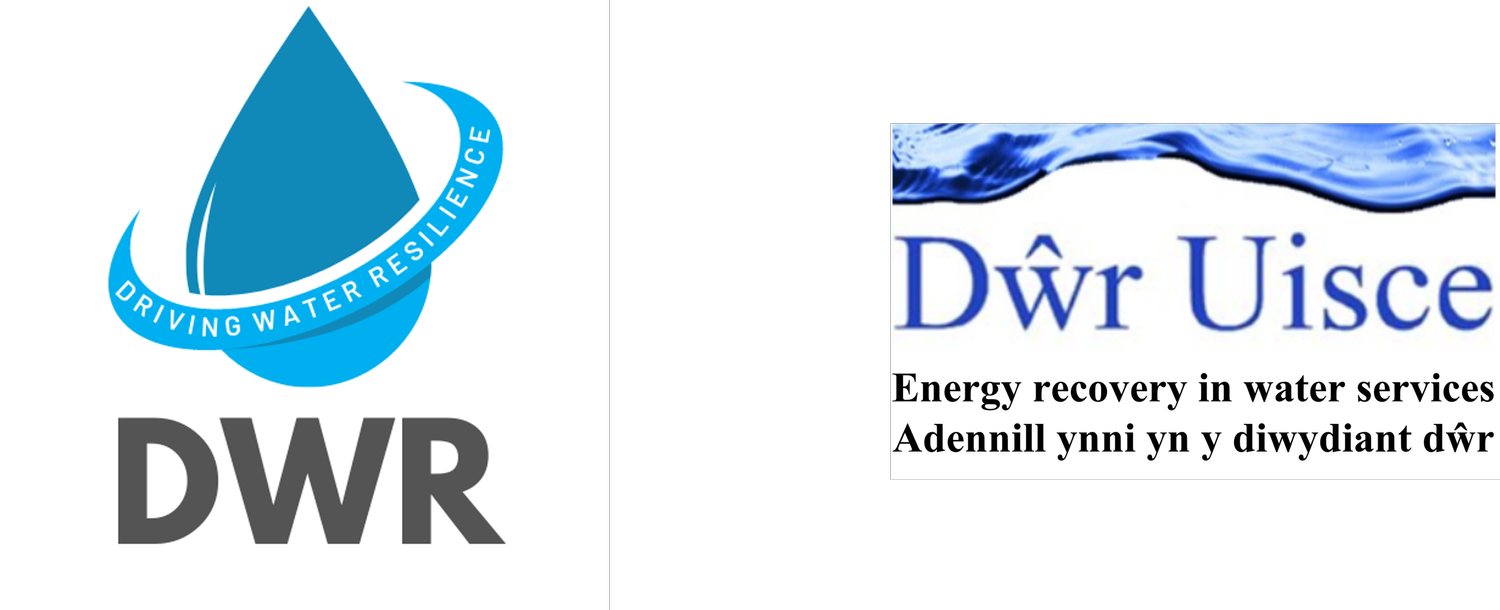By Jan Spriet, Isabel Schestak
Isabel and Jan presented at the 14th conference for Sustainable Development in Energy, Water and Environment Systems, which was held 1st-6th October 2019 in Dubrovnik. It brought together around 570 scientists, researchers, and experts in the field of sustainable development from 55 countries. 511 presentations were held, 100 posters presented, 17 special sessions were organised, and 4 invited lectures and 2 panels were held with some of the most distinguished experts in the field.
Jan presented our work on the demonstration site at Penrhyn castle, on Saturday October 5th, in the session titled Water-Energy nexus. His presentation showed a heat recovery potential of up to 2.1 MWH per year at the kitchen of the tea room of Penrhyn castle, reducing the related technical greenhouse gas emissions by up to 780 kg per year. In the total hospitality and food services sector in the UK, the reduction potential was estimated at 1.24 TWh per year, and around 500 kilotons of carbon emissions per year, compared to heating water with the current energy mix in the UK.
Isabel presented the research related to the environmental sustainability of using a heat recovery system in commercial kitchens, which is based on data from the Penrhyn castle study, too. The results of the Life Cycle Assessment of a heat recovery system which comprises heat exchanger, pipework, fittings and insulation, showed: The environmental impacts from manufacture of the equipment can be reduced by up to 80-99% through the use of recycled copper or replacing copper through polymer materials such as polyethylene for the pipework or polypropylene-graphite for the heat exchanger. As the material demand for pipework can be greater than for the heat exchanger, compact design and reduction of pipework is key for sustainable heat recovery. Even when renewable heat is replaced through recovered heat, there is a significant potential for climate change mitigation for most UK commercial kitchens.



